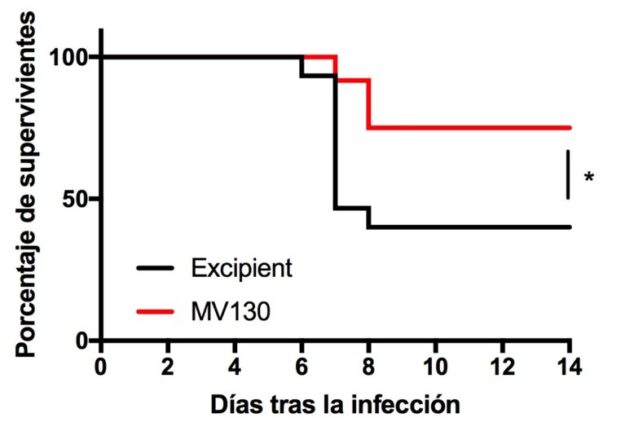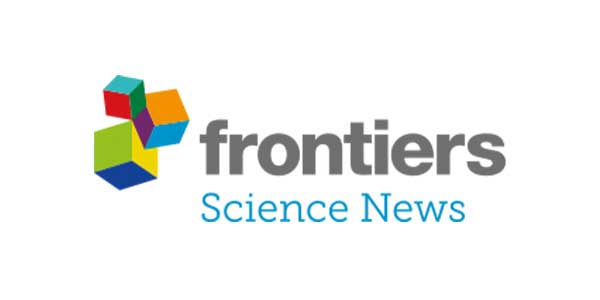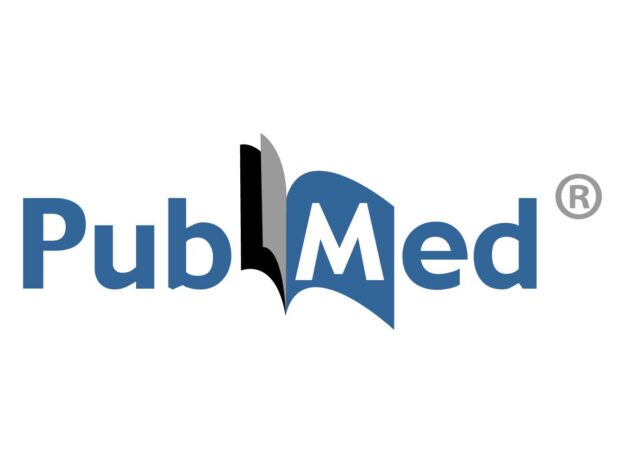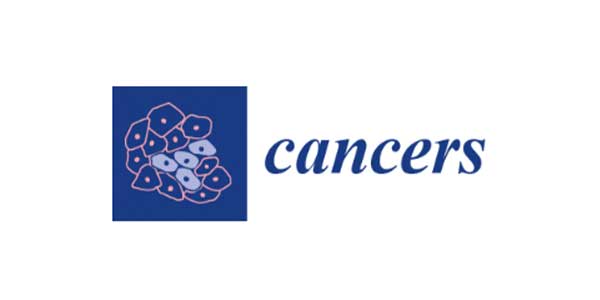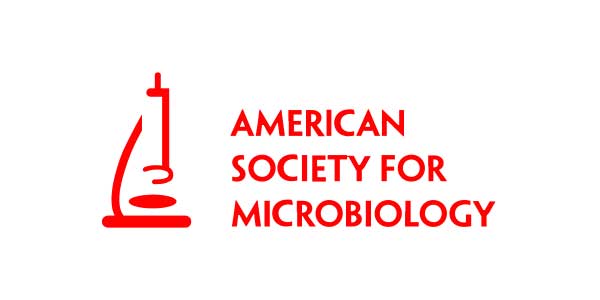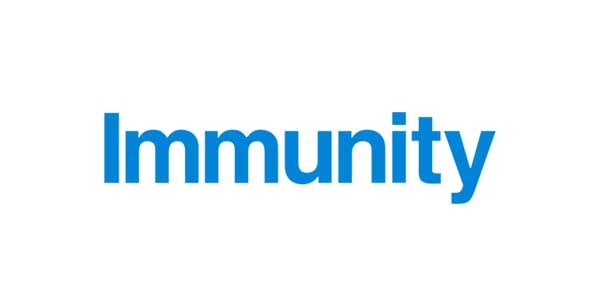Training against COVID-19
However, after an intensive research work, our research group has discovered that we can induce trained immunity against COVID-19. The work has been published in the Frontiers in Immunology journal, and it is a collaboration between the Hospital la Paz Institute for health research (IdiPAZ), the National Center for Cardiovascular Research (CNIC) and the National…

